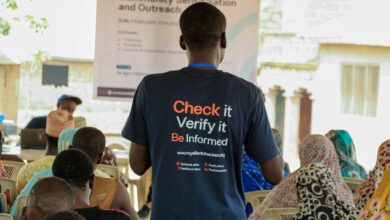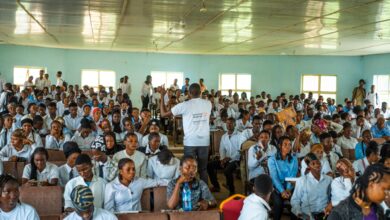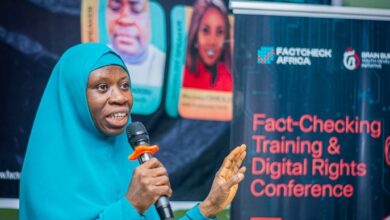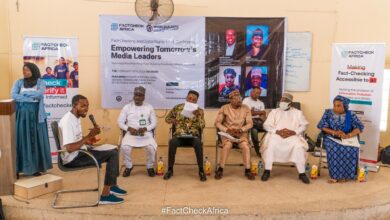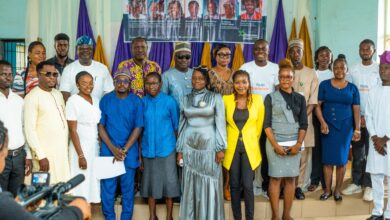FactCheckAfrica Launches Train-the-Trainer Workshop on Media Literacy for Educators
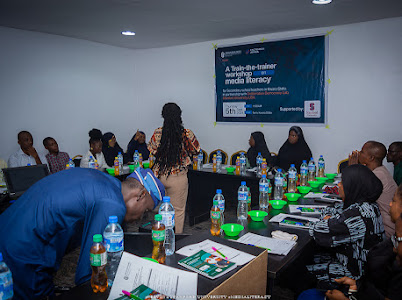
…Trains 25 Secondary School Teachers from Kwara State
BY: Oluwaseye Ogunsanya
In a bid to combat information pollution permeating every sector of the society, thereby undermining public trust, distorting facts, and posing significant threats to democratic processes and social harmony, Brain Builders Youth Development Initiative fact-checking project, FactCheckAfrica has recognised the need to extend its efforts into the education community by providing a robust fact-checking education, especially in fields related to communication, media, and journalism.
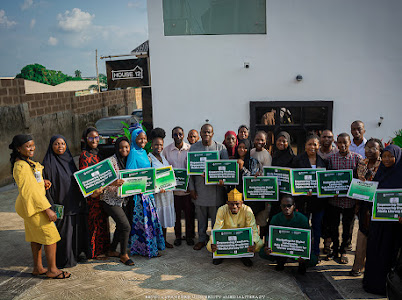
This commitment was demonstrated in the recently organised Train-the-Trainer workshop on media literacy for secondary school teachers in Kwara State, held in partnership with the Deliberative Democracy Lab at Stanford University, USA. Earlier in March, FactCheckAfrica secured a collaboration with Stanford University to introduce a digital media literacy curriculum to senior secondary schools across Nigeria. This curriculum, which focuses on critical information evaluation, aims to develop critical thinking skills and foster a responsible approach to information consumption among students. It is also designed to strengthen students’ abilities in media literacy, critical thinking, digital literacy, and information literacy.
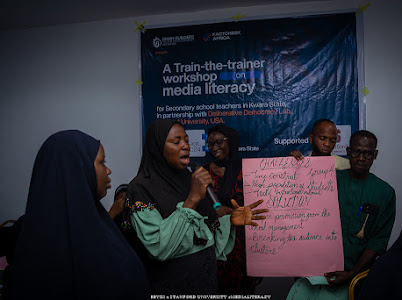
The workshop was attended by 25 selected secondary school teachers from Kwara State, who were equipped with tools to enhance media literacy and fact-checking skills in their students. These educators received training in identifying and countering misinformation within the classroom. The sessions included interactive components focused on digital literacy, responsible media consumption, and fact-checking techniques. Additionally, practical exercises enabled participants to create lesson plans for integrating fact-checking into their curricula.
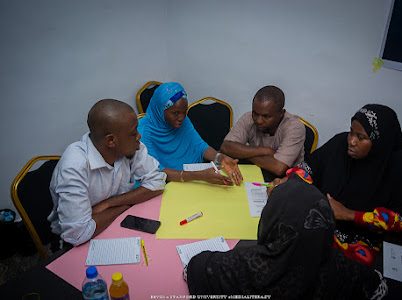
This initiative follows best practices from North America and Europe, where fact-checking education is gaining momentum. However, its reach in Africa and Asia is limited, lacking the necessary depth. In Nigeria, courses related to information disorder exist, but a more comprehensive and dedicated curriculum is needed.
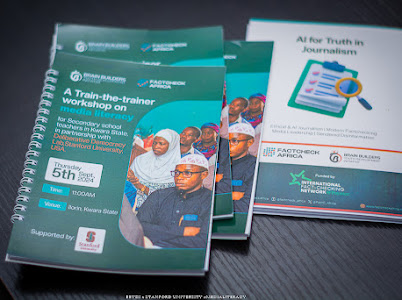
Furthermore, this effort supports Nigeria’s advancement toward Sustainable Development Goal 4 (SDG 4), which seeks to ensure inclusive, equitable, quality education and promote lifelong learning opportunities for all—an initiative BBYDI is actively championing. The fact-checking education curriculum is set to be a valuable tool in tackling fake news, misinformation, disinformation, and hate speech in secondary and tertiary institutions, significantly enhancing Nigeria’s ability to counter the severe social, economic, and political impacts of information pollution.
